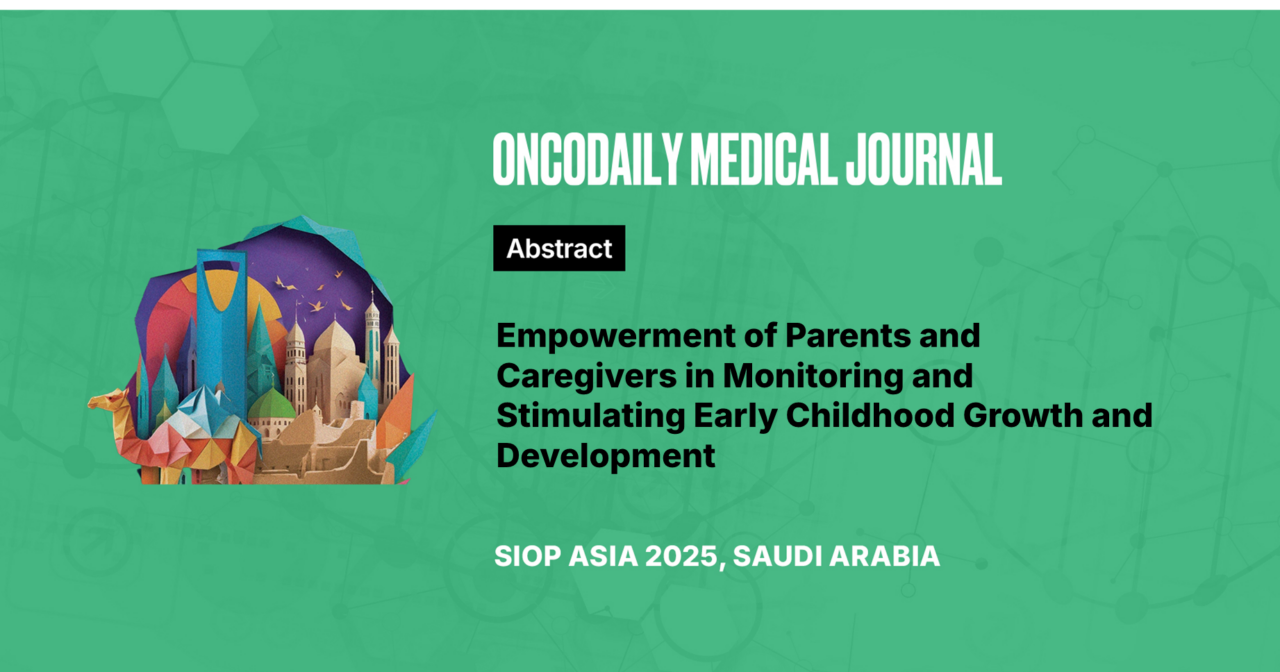Empowerment of Parents and Caregivers in Monitoring and Stimulating Early Childhood Growth and Development
Abstract
Introduction: In Indonesia, about 16% of young children experience developmental issues, including challenges with brain function, motor skills, and language. These difficulties are even more pronounced in children with cancer, as the disease and its treatments can affect their growth. Addressing these challenges requires a coordinated effort from families, healthcare providers, and communities. Equipping parents and caregivers with tools to monitor and support early development can improve children’s physical, emotional, and cognitive outcomes.
The updated Indonesian Government’s Maternal and Child Health Guide Book (KIA) now includes the Developmental Pre-Screening Questionnaire (KPSP) to track development and identify delays early, especially in children with cancer. The Mayapada School Health and Sciences Community Service program at YKAKI Children’s Cancer Shelter aims to help parents and caregivers understand developmental milestones and intervene when necessary.
Methodology: The event at YKAKI shelters across Indonesia involved 65 participants 54% parents and 46% shelter house teachers and staff over two days. Day one consisted of a virtual webinar covering “The Role of the Family in Child Development” and “Early Detection of Developmental Problems,” with feedback collected via Google Forms. On day two, hybrid training focused on the KPSP, featuring a live demonstration by nursing students and a Q&A session.
Results: Most participants (88%) reported understanding the material, and 62% found it new. All participants (100%) were highly satisfied, especially appreciating the live demonstrations and KPSP training. They gained practical skills and confidence in identifying developmental delays and supporting children’s development.
Conclusions: The event effectively equipped participants to monitor and support children’s development, particularly those affected by cancer. The training helped parents and educators learn practical skills for early intervention, leading to better outcomes and overall well-being for vulnerable children.





